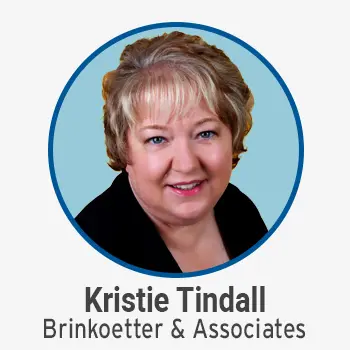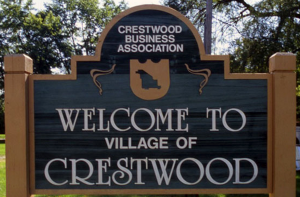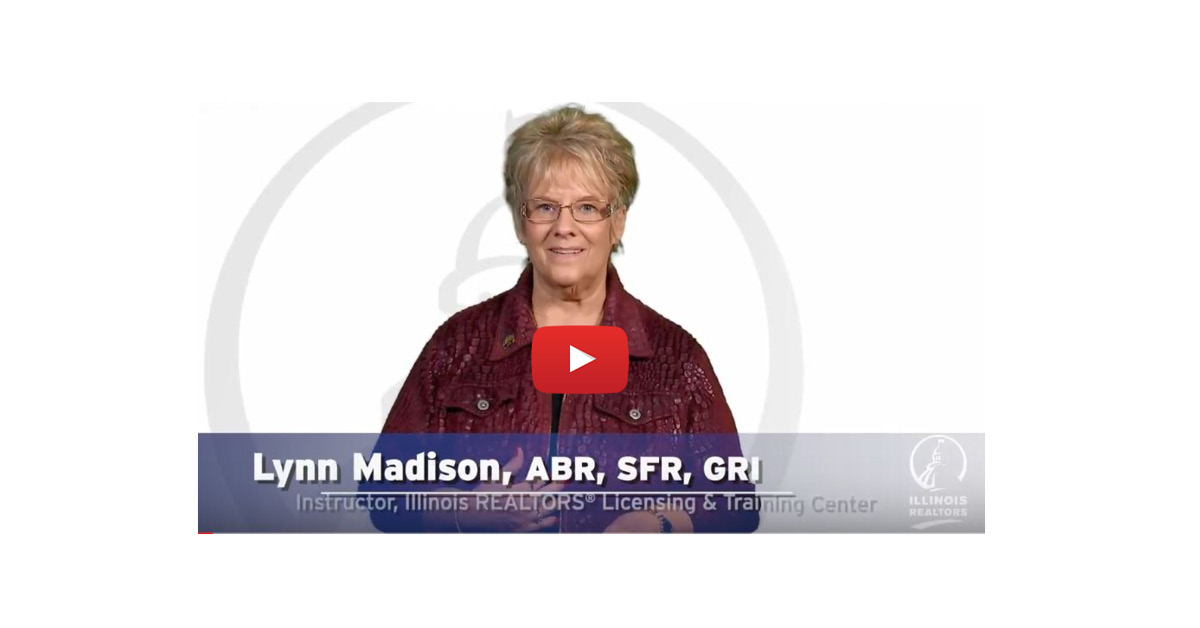
Illinois REALTORS® want residents in communities considering Home Rule to understand the ramifications.
Should residents in Crestwood, Lynwood, Matteson, Barrington, Lake Zurich and other Illinois communities be concerned about supporting Home Rule?
The answer is a resounding “yes,” no matter what backers of these measures say. Making such a broad change can have a huge impact on the cost of living in a community and the economic viability of its governance.
Learn more about Home Rule with this Q & A.
So, what is Home Rule? The Illinois Constitution allows a municipality to become a home rule unit if the voters approve it in a referendum if it has fewer than 25,000 residents. A municipality automatically becomes a home rule unit when its population reaches 25,000. The move allows a community to incur debt and loosens restrictions on implementing transfer taxes on real estate.
What are the tax implications of becoming a Home Rule community? A broad range of taxation options are available to Home Rule municipalities. Prior to 1997, Home Rule units could freely adopt a real estate transfer tax. But in 1997, a new law went into effect which put a limit on this. Home Rule units must go to a referendum to get a transfer tax adopted or increased. Except for this limitation—and a few others that are set forth in state law—home rule units are free to enact any kind of tax (except an income tax) they want. Home Rule units are even exempt from the Property Tax Caps law.
What about debt? Home Rule allows a community to undertake long-term financing of infrastructure projects. This can be good for a community and it can attract new businesses. This is a genuine benefit to being a home rule unit as economic development is important for all Illinois communities. However, the question of how the debt will be managed and financed is an important issue for citizens in existing home rule municipalities or those who are considering becoming a home rule unit.
What are the dangers associated with adopting home rule? Some home rule municipalities have abused their powers by attempting to control property transfers through point-of sale inspections and imposing regulations regarding: inspections of apartment buildings and vacant homes; landlord-tenant relationships; and crime prevention measures. Some home rule units have passed property demolition taxes, unfettered impact fees and excessive fees with the inspection programs. What’s this mean to the home buyer or seller? More costs in a state where a common complaint is that the costs of living are already too high.
Why is this such a big issue for REALTORS®? There are more than 41,000 REALTORS® in the state. Their clients are sensitive to any change in regulation and taxation, and increases in both areas could scuttle deals, make it less attractive to locate in a community or in some cases price a property owner or would-be buyer out of the market. REALTORS® want affordable, quality housing for anyone wanting to realize the American Dream of homeownership. They also want to make sure that commercial interests are served by making sure the costs that can be a barrier to job creation are as low as possible. Layering on the potential for additional taxes and regulation undercuts these missions.
What about specific examples where Home Rule status hurt municipalities? How about five examples:
-
In 1998, Highland Park enacted a $10,000 residential “teardown tax.” In 2005, Evanston passed a similar tax. In 2008, Highland Park considered increasing its tax to $25,000.
-
Several home rule municipalities have adopted what is known as a “zero-dollar transfer tax.” While there is no direct taxation cost to the seller, this is an attempt by the municipality to block a transfer in order to enforce building code regulations. (The municipality will deny issuance of the transfer stamps.)
-
With some pre-sale home inspection ordinances, the municipalities will require an escrow deposit from buyers of “AS IS” properties that have totaled as high as $40,000.
-
Impact fees in several municipalities are imposed for libraries, police cars, fire protection equipment and “public art.” No statutory authority exists for these fees but these municipalities claim their home rule status as the authorization.
-
Since 1988, pursuant to a home rule ordinance, a tenant in Chicago is entitled to “damages” and attorney’s fees if the landlord did not return the correct amount for interest on the security deposit.
Can’t a municipality raise my taxes now without Home Rule status? Certainly, it can. But not being a Home Rule community makes it more difficult to add costs and regulations onto property owners. It also can make sure that the community can’t take on debt, which has led to notable financial crisis in some communities.



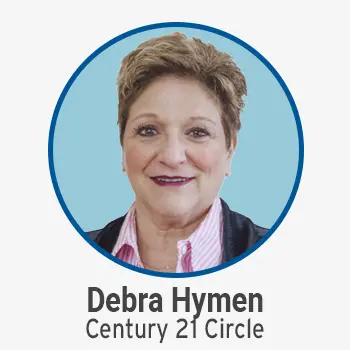
 Create professional development programs that help REALTORS® strengthen their businesses.
Create professional development programs that help REALTORS® strengthen their businesses.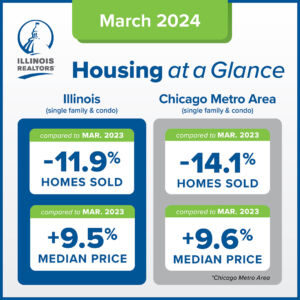
 Protect private property rights and promote the value of REALTORS®.
Protect private property rights and promote the value of REALTORS®.
 Advance ethics enforcement programs that increase REALTOR® professionalism.
Advance ethics enforcement programs that increase REALTOR® professionalism.
 Protect REALTORS® by providing legal guidance and education.
Protect REALTORS® by providing legal guidance and education. Stay current on industry issues with daily news from Illinois REALTORS®, network with other professionals, attend a seminar, and keep up with industry trends through events throughout the year.
Stay current on industry issues with daily news from Illinois REALTORS®, network with other professionals, attend a seminar, and keep up with industry trends through events throughout the year.
